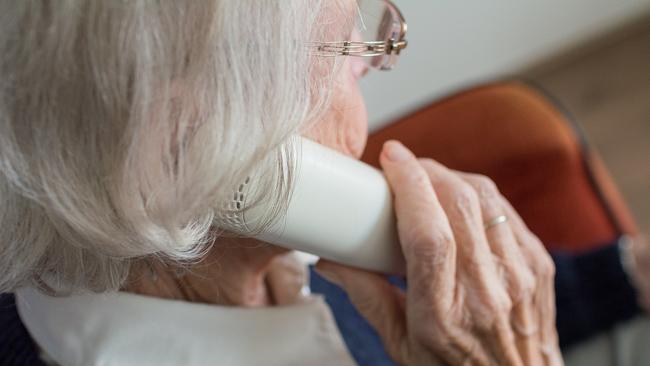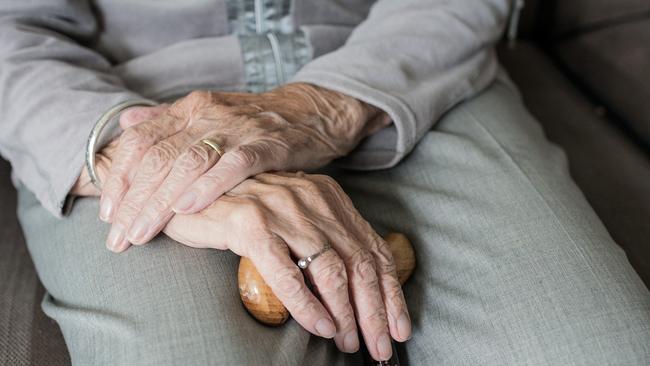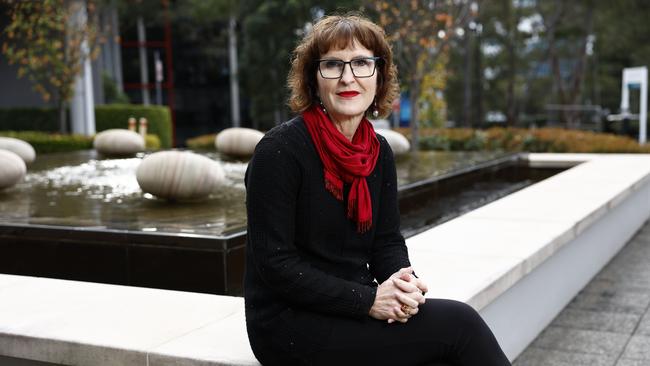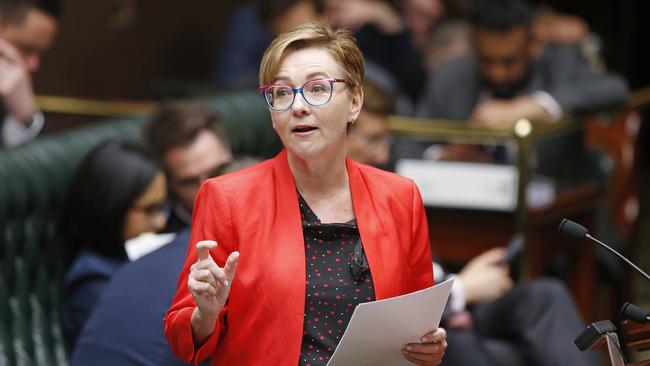Minns needs to do more on elder abuse epidemic: report
A staggering 15 per cent of elderly people in Australia are currently experiencing abuse, according to a new report that warns the state lacks the services needed to combat the silent epidemic.

NSW
Don't miss out on the headlines from NSW. Followed categories will be added to My News.
A staggering 15 per cent of elderly people in Australia are currently experiencing abuse, according to a new report that warns the state lacks the services needed to combat the silent epidemic.
A new policy paper to be released by Relationships Australia NSW (RANSW) on Monday has found despite evidence of rampant elder abuse across the state, the NSW government has made minimal investment to combat the scourge in the last 10 years.
Elder abuse is most commonly committed by a victim’s children, who make up more than 52 per cent of alleged perpetrators reported to the Ageing and Disability Commission in the final quarter of 2024. According to the commission, psychological and financial abuse and neglect are the most common statewide.
Elder mediator Davina Regan has worked on multiple cases of elder abuse across the state, mediating conflicts between family members.

She said many cases involved financial abuse, where people would coerce older relatives to change their will, take out a mortgage or sell their house when they didn’t want to in order for the child to take the money.
In more extreme instances, there can also physical and sexual violence against an older family member.
In one recent case Ms Regan dealt with, an adult child with a gambling addiction had the power of attorney over her parents, who spoke English as a second language. Despite them being under her care, the woman began to use their money to pay for her gambling habit.
In another case, a parent with Parkinson’s disease and dementia in the care of their son suffered neglect when the son consistently failed to feed and wash his ailing parent.
Ms Regan said while elder abuse was approaching epidemic proportions, it was still largely underreported.
“We are an ageist society. Talking about older people isn’t sexy,” she said.
“A bit like domestic violence, it takes a while for people to realise how much it is going on.
“We have an ageing population, there are more financial pressures on families and that seems to have exacerbated the abuse on older persons.”
The policy paper highlights major service gaps to help victims and has called for the NSW government to increase the number of services that provide mediation between family members.

RANSW has also called on the government to make such mediation compulsory in the instance of elder abuse, in a similar way required for parents who are separating.
It has also proposed that new state coercive control laws are changed to include acts by family members rather than just intimate partners.
A spokesperson for NSW Attorney-General Michael Daley said coercive control laws would be reviewed in 2026 to look at whether they should be expanded to other types of relationships.

RANSW chief executive Elisabeth Shaw said the current system was letting older people down.
“Older people deserve dignity and safety, not abuse and neglect,” she said.
“We need the abuse to stop, and we need to increase the accessibility of services for thousands of older people in this state who have found themselves in this situation.
“As service providers working on the front-line, we know that the situation is dire, and our experience together with the statistics show that the situation will likely get worse.”
A spokesperson for NSW Seniors Minister Jodie Harrison said the NSW Ageing and Disability Commission “provides resources for people experiencing elder abuse, their families, aged care agencies and their staff”.
“We must take a stand against all kinds of abuse against older people across NSW as the population ages,” the spokesperson said.
Do you have a story for The Daily Telegraph? Message 0481 056 618 or email tips@dailytelegraph.com.au
Originally published as Minns needs to do more on elder abuse epidemic: report



